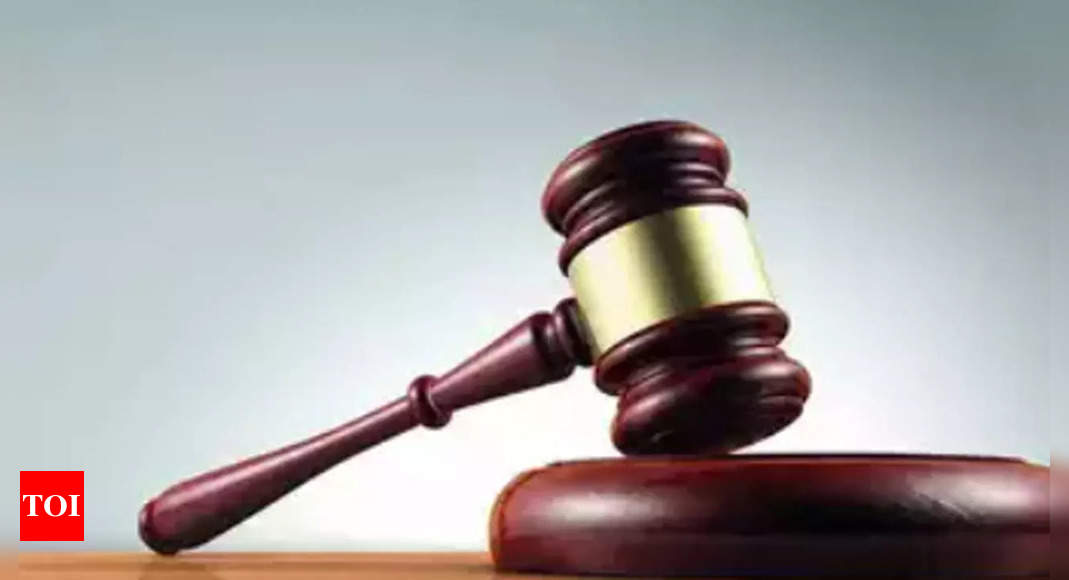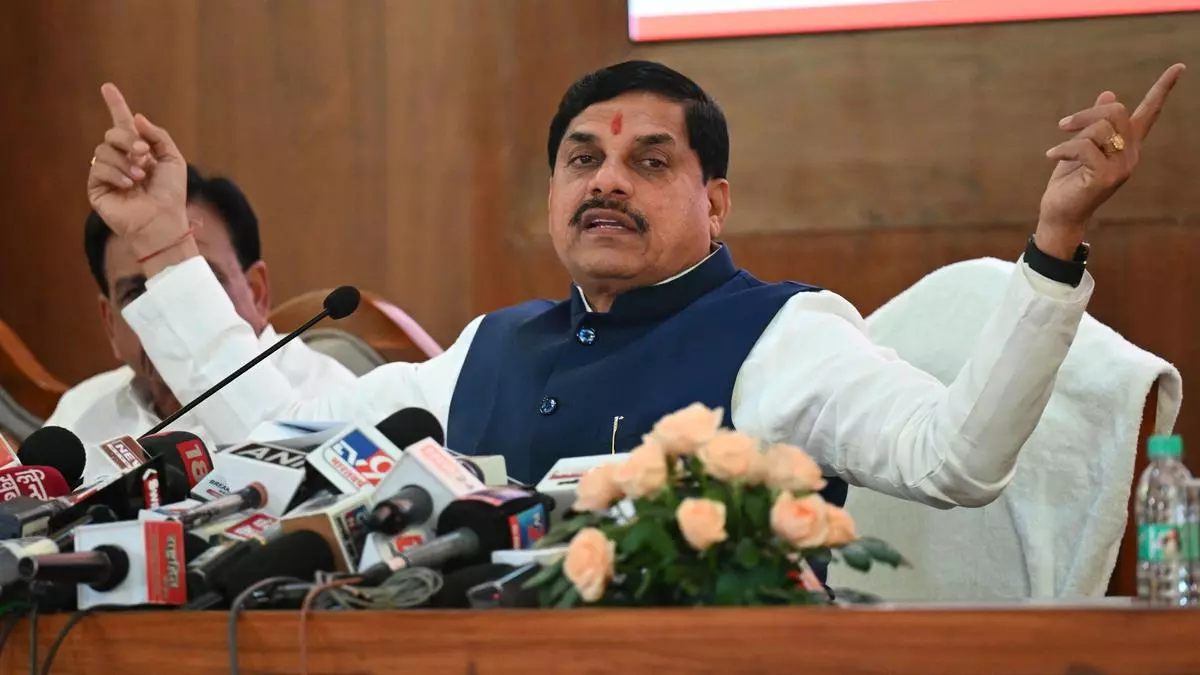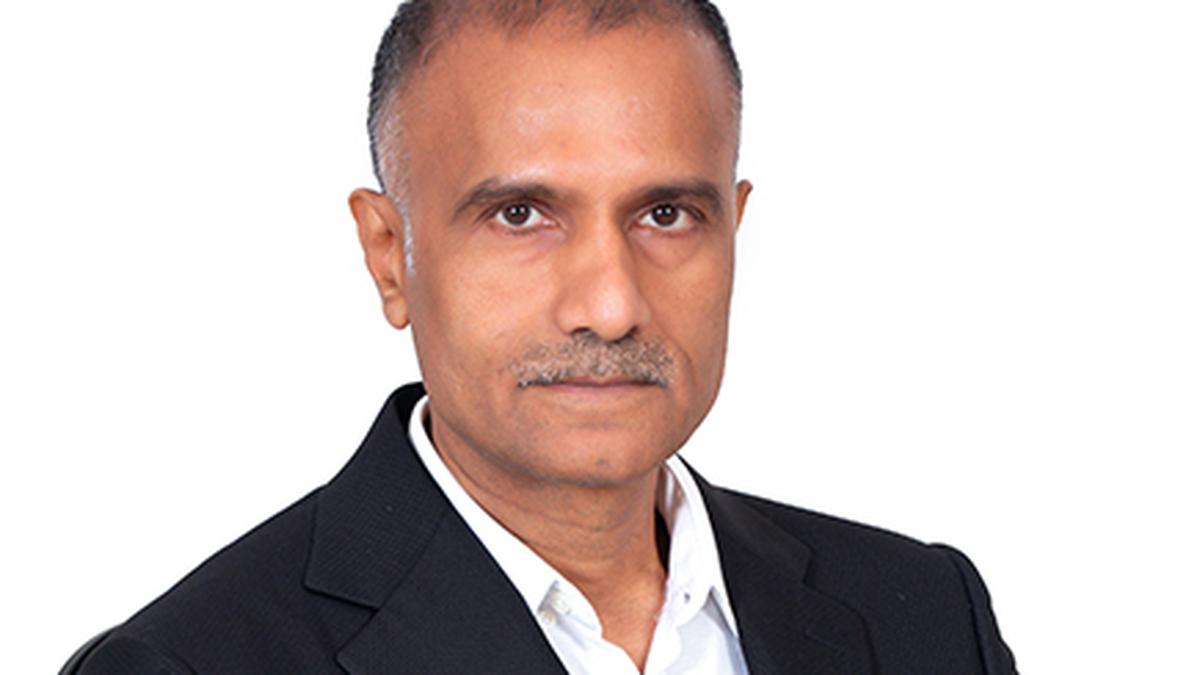The Bombay High Court has stated that the seriousness of the crime and the length of incarceration should be considered when deciding on a bail plea. In a recent case, the court released a person accused of double murder in a 2015 case after the accused spent eight years in jail awaiting trial. The court highlighted that keeping a person in custody for an indefinite period of time violates their fundamental right enshrined in the Constitution. The court emphasized that this violation is a justiciable ground to release an accused. The accused, Akash Chandalia, was arrested on September 25, 2015, and is currently facing trial in a Pune court.
The case involved the brutal murder of two individuals who were found dead near Tamhani ghat in July 2015. They were allegedly beaten up for five hours by a notorious gangster and his associate before being killed. Chandalia was accused of assaulting the victims. His lawyer, Sana R Khan, argued for bail based on the prolonged incarceration, delayed trial, and cited a similar bail granted to a co-accused, Vikas Gaikwad, last November.
The request for bail was opposed by the additional public prosecutor SR Agarkar, who cited the seriousness of the charges and the progress made in the trial, with 15 witnesses having already deposed and 15 more to go. However, the High Court noted that another co-accused, Yasmin Sayyed, was granted bail last November without going into the merits of the case. The court pointed out that the trial may take three years to conclude and that the accused are rarely produced in the trial court from Yerwada jail. Justice Dangre, the single judge bench, saw no reason why similar benefits should not be given to Chandalia.
Justice Dangre observed that a balancing act must be struck between the gravity of the charges and the time consumed by the trial. The court considered the question of what would happen if the accused is acquitted after a long period of trial. The court stressed that denying personal liberty without ensuring a speedy trial is not consistent with Article 21 of the Constitution, which guarantees the right to life and liberty. The court concluded that access to justice and a speedy trial are fundamental rights and if a timely trial is not possible, the accused cannot be made to suffer further incarceration if they have already undergone a significant period of the proposed sentence. Therefore, the court expressed an obligation to release the accused on bail, setting aside the seriousness of the accusations they faced.
The accused will be released on a personal recognizance bond of Rs 20,000, with the condition that failure to attend the trial twice consecutively would enable the state to seek cancellation of bail.
In a separate case of murder, the Supreme Court recently granted bail to a convict named Dinesh Khajekar, who had spent over 11 years in jail pending appeal. The Supreme Court determined that the high court should have granted relief to the appellant under Section 389 of the Code of Criminal Procedure. The appellant was therefore released on bail pending the final disposal of the appeal before the high court. Khajekar’s counsel, Sana Raees Khan, argued that his client had been sentenced to life imprisonment, but his appeal had been pending for six years before the high court. The Supreme Court considered the years Khajekar had already spent behind bars and secured his liberty by directing his release on bail.
For more information, you can read the full article [here](https://timesofindia.indiatimes.com/city/mumbai/not-only-the-heinousness-of-crime-time-spent-in-jail-deserves-to-be-seen-when-granting-bail-bombay-high-court/articleshow/104085308.cms).










